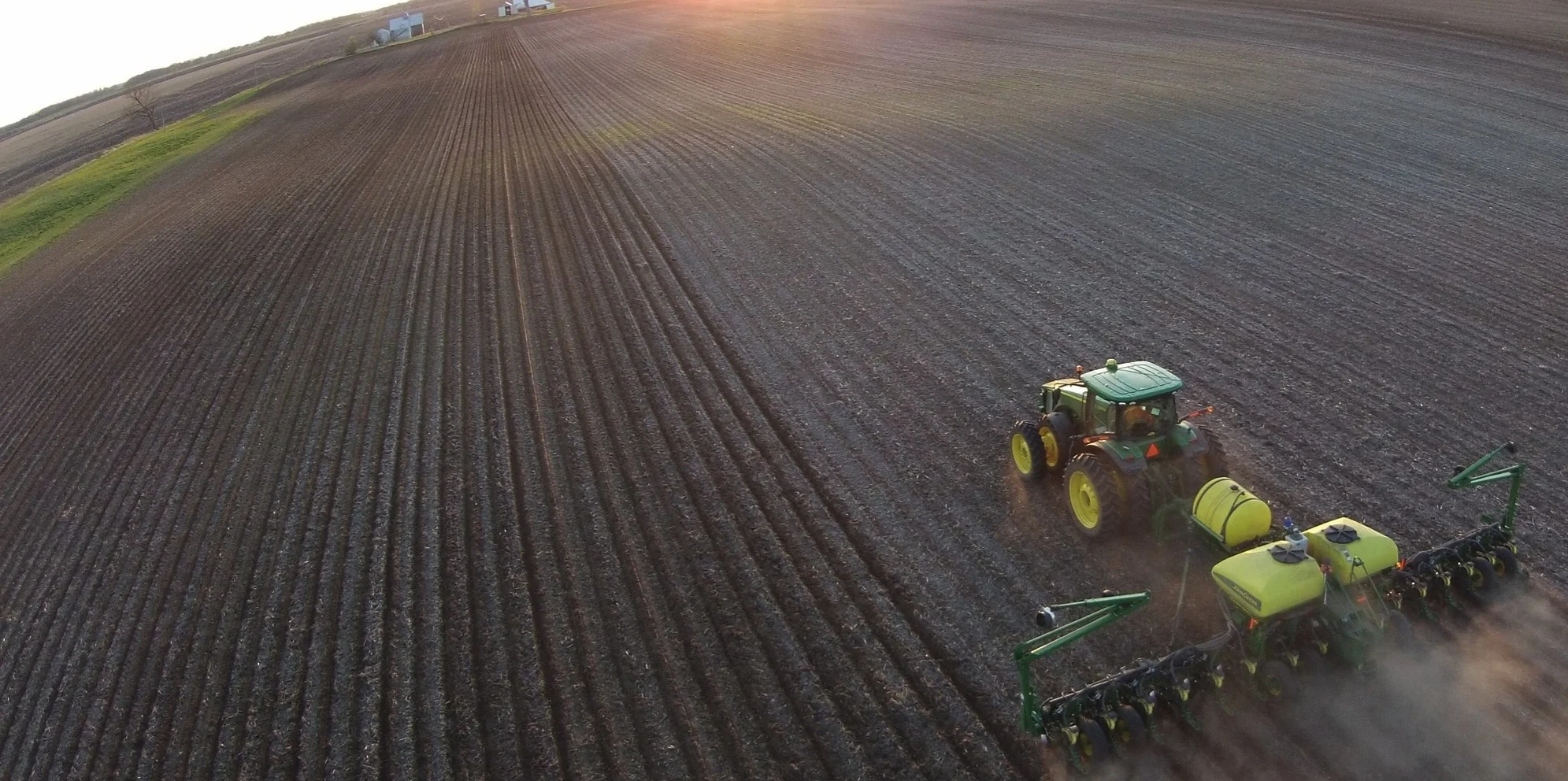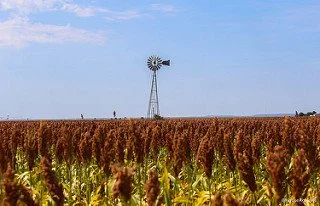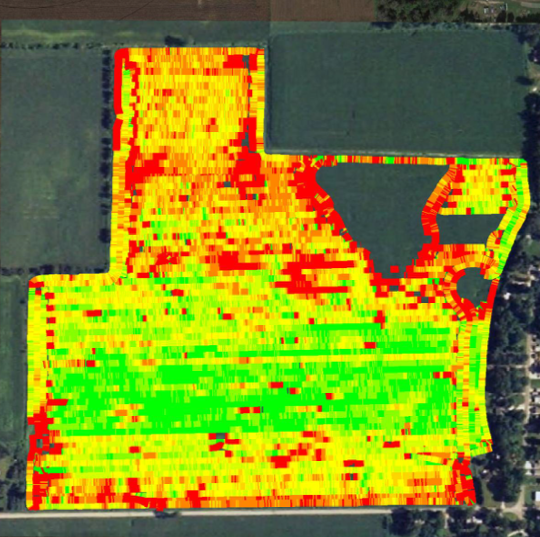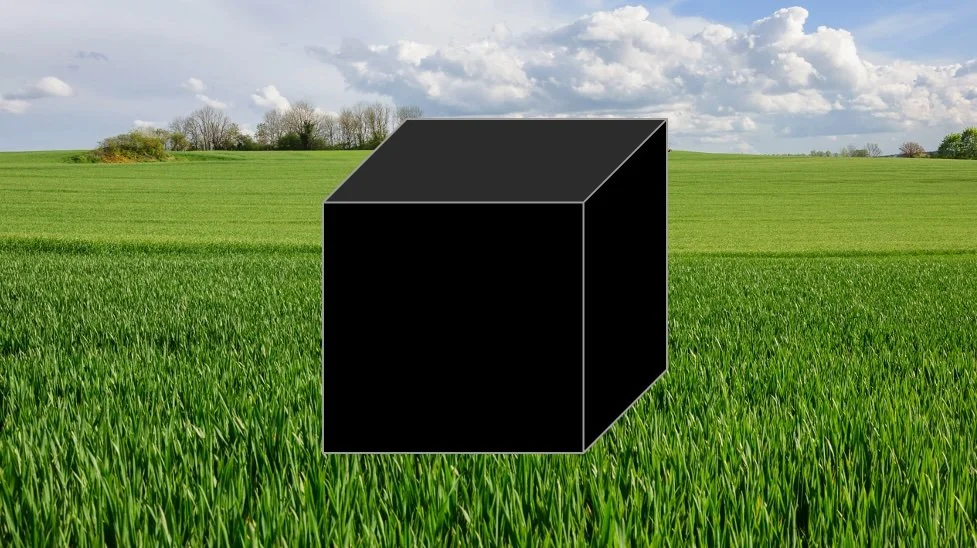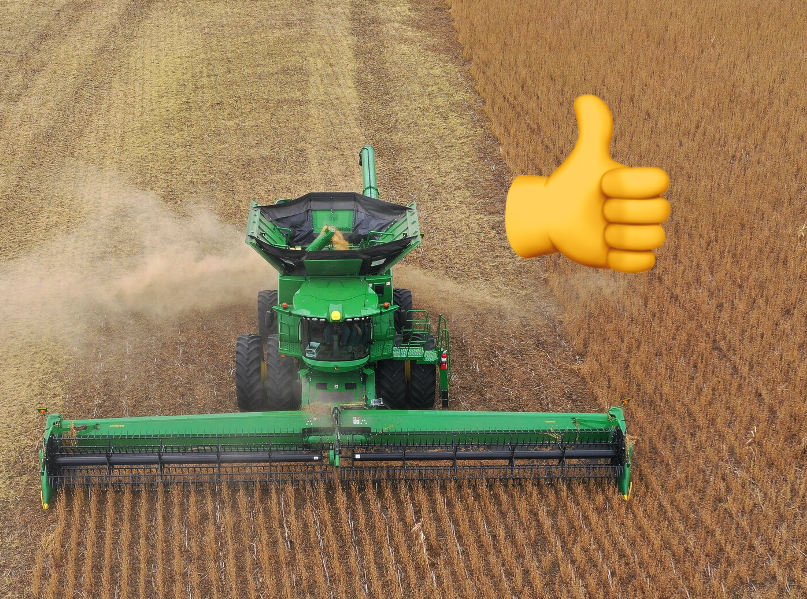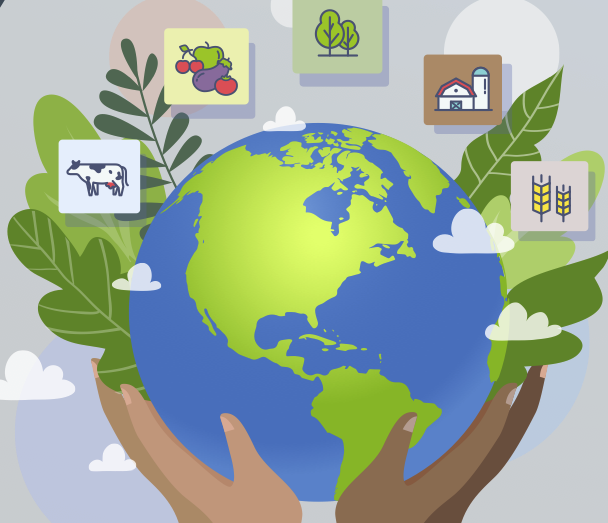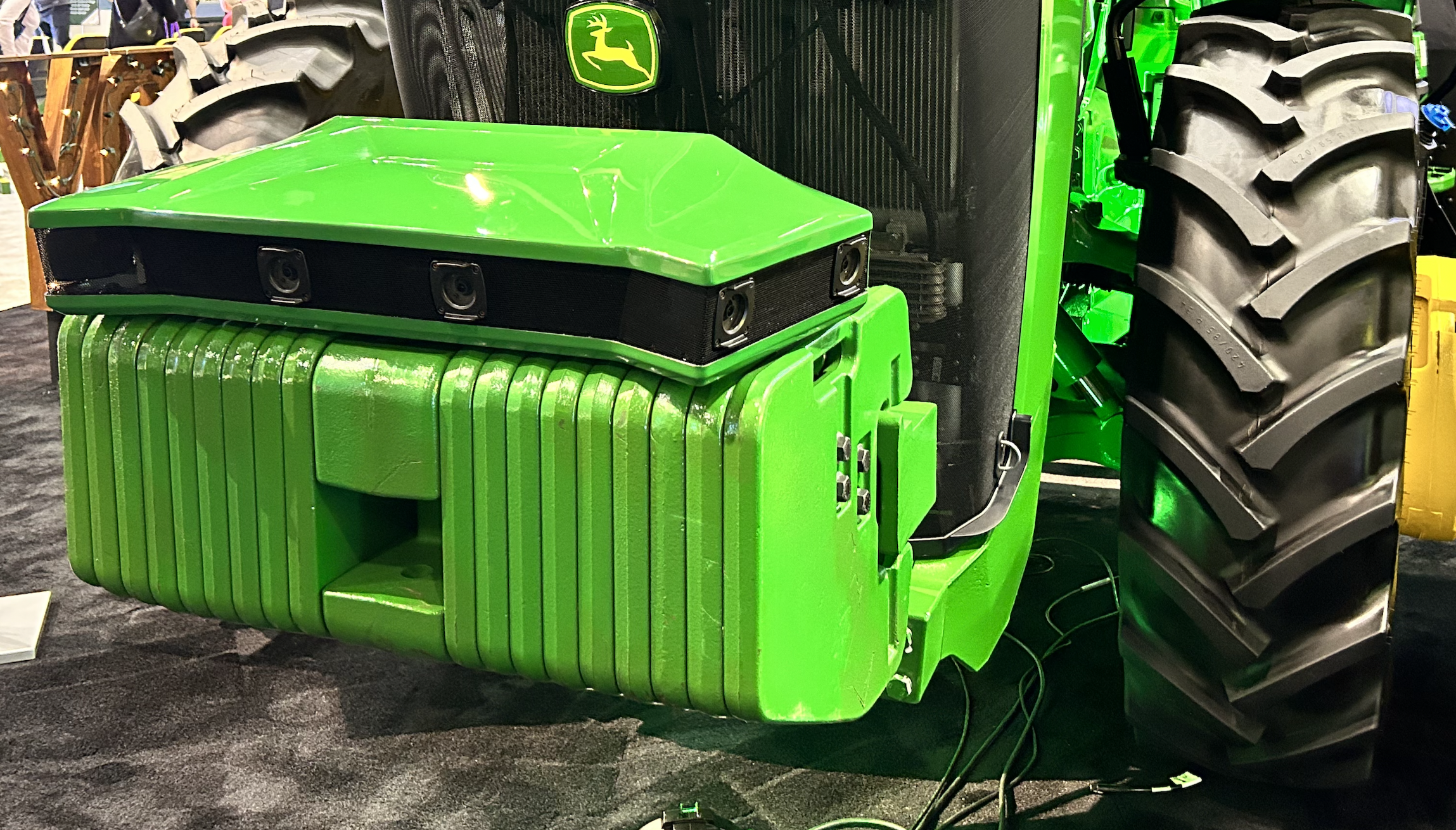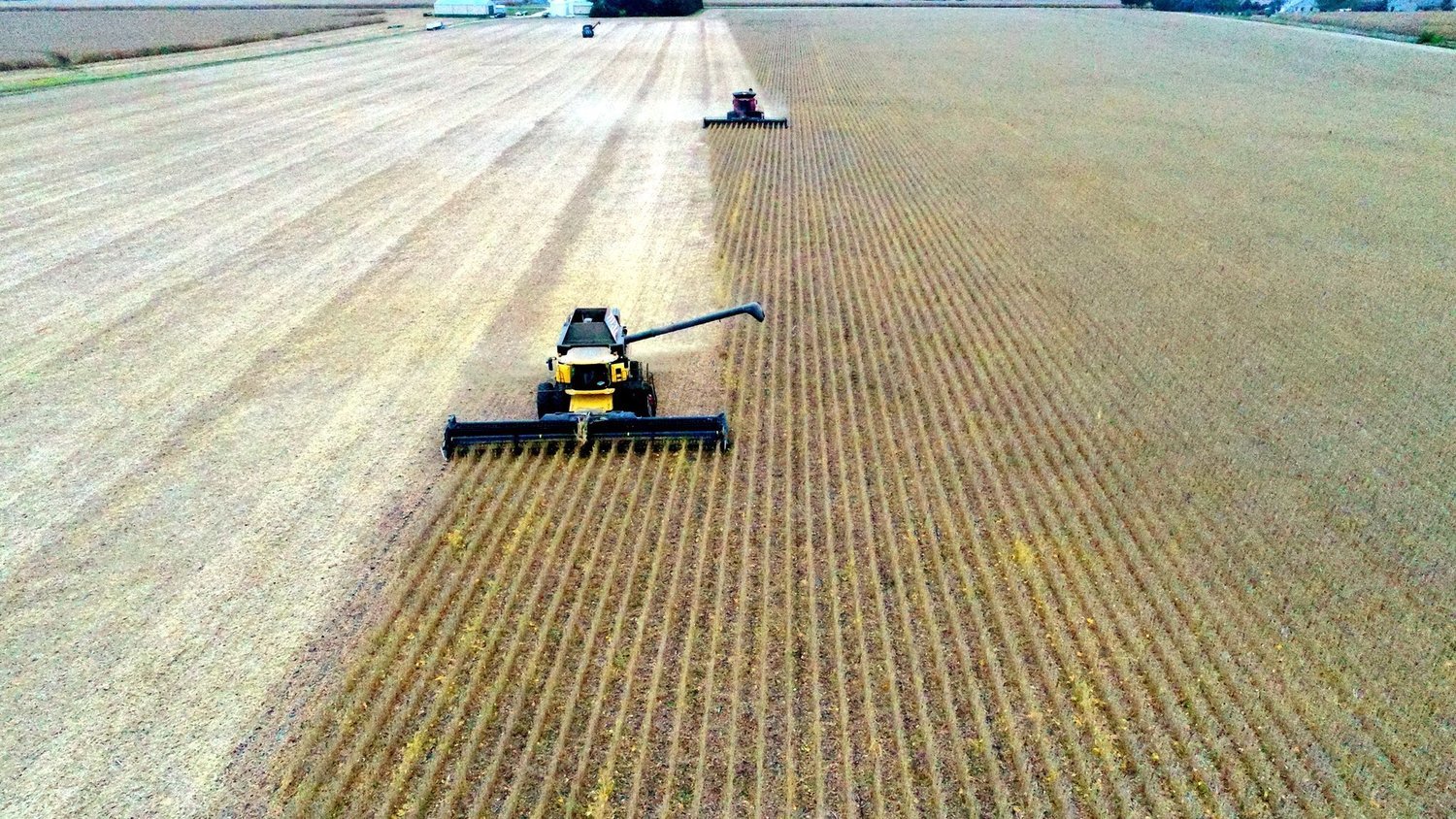Ten Ag Technologies that are Changing Agriculture
/I spoke at the National Ag Law Center's Ag Tech & the Law Conference recently and was asked to give an overview of the emerging issues. Here's the list of 10 ag technologies I provided in my discussion, together with an example of how each technology is changing agriculture.
Ag data moves to the cloud. The collection of ag data is now moving to the cloud for many farmers. For example, Farmobile's PUC device allows farmers to collect data and automatically upload that information to cloud servers. Farmers can then decide what to do with their information--store it, share it, or sell it for profit.
Internet of Things. The proliferation of sensors connected to the internet is starting to take off on the farm. A great example is Teralytic's NPK remote sensor, a soil probe that wirelessly transmit soil conditions back to the farm.
Robots on the Farm. Farmers are finally starting to see robotic technology really make a difference. My favorite example is the Lely Astronaut, a robotic milking machine that works. Cows like the consistency and dairy farmers appreciate that it helps solve a labor shortage.
Autonomous Farm Equipment. Tesla is not the only company making machines that run on autopilot. DOT Technology Corp. is working on a driverless machine that can do many jobs on the farm.
Blockchain. Blockchain has been a popular topic in tech circles for some time now. For agriculture, blockchain greatest initial promise is in food traceability. IBM is one of the leaders in this area, developing its own hyper ledger software to trace food at all stages of the supply chain.
Machine Learning. We are only beginning to understand the ways in which machine learning can help agricultural production become more efficient. Blue River Technologies, recently acquired by John Deere, is developing smart weeding machines that could some day reduce pesticide demands.
Aerial Imagery. We have been talking about the potential of aerial imagery from UAVs over the past few years, but what struck me recently at the InfoAg conference was the excitement surrounding satellite and aerial imagery from aircraft. That's because the analytics are starting to get good enough that companies can tell us information about global food production, just from monitoring from the sky. A great example is TellusLabs' Kernel, which uses proprietary analytics and public satellite imagery to give companies insight into local, regional, or global crop conditions.
Ag Retail Goes Online. Amazon.com has changed consumer retail shopping forever. The ag industry is starting to see this e-commerce trend too. During the conference, Farmer's Business Network (FBN) made news by announcing that it was launching its own independent seed brand, F2F Genetic Network seeds. FBN has already disrupted the crop protection retail business by publishing prices and selling generics online. We'll see if the same happens with seed.
New Alternative Proteins. Its hard to ignore the new designer proteins that are arriving on the market each day. Dairy farmers are actively lobbying to stop the labeling of "milks" that are not milk (e.g. Almond Milk, Soy Milk, Cashew Milk, etc.). But fake meat is also coming a table near you. My example is Impossible Foods, which markets a meat-free burger that tastes a lot like a real hamburger. Don't forget lab grown meat in this category either.
CRISPR. One fo the most exciting ag technologies is CRISPR, or gene-editing. I used an example of pigs that had the gene turned off that makes them susceptible to the PRRS virus. Otherwise, there is no difference between these pigs and others. The possibilities for plants, animals, and humans is endless.
I know there are many more technologies that are changing agriculture, but from my standpoint, these technologies will drive the biggest changes in the next 20 years. Let me know if you think I missed something or am completely off base with this list.

